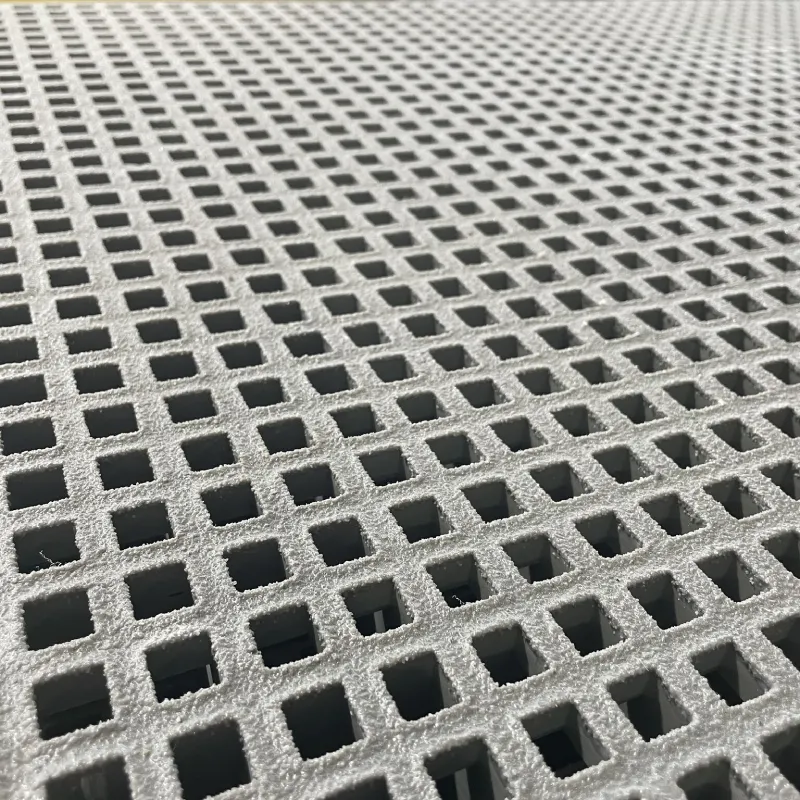loading...
- No. 9, Xingyuan South Street, Dongwaihuan Road, Zaoqiang County, Hengshui, Hebei, China
- admin@zjcomposites.com
- +86 15097380338
- Welcome to visit our website!
frp softener vessel
The Importance of FRP Softener Vessels in Water Treatment
Water treatment is a critical process in ensuring that the water we use for drinking, cooking, and industrial purposes is safe and clean. Among the various technologies and equipment used in this field, Fiberglass Reinforced Plastic (FRP) softener vessels stand out as a vital component in many water softening systems. These vessels are designed to effectively reduce hardness in water, thus enhancing its quality and extending the lifespan of plumbing and appliances.
What Are FRP Softener Vessels?
FRP softener vessels are specialized containers used in water softening systems to remove calcium, magnesium, and other minerals that contribute to water hardness. The primary material, fiberglass reinforced plastic, offers numerous advantages over traditional steel or concrete options. FRP vessels are lightweight, resistant to corrosion, and durable, which makes them an ideal choice for various water treatment applications.
They are typically equipped with a resin bed that facilitates the ion exchange process. During this process, hard water passes through the resin, where negatively charged ions (like calcium and magnesium) are exchanged for sodium ions. This effectively reduces the hardness of the water, providing a softer and more manageable supply for household and industrial use.
Advantages of Using FRP Softener Vessels
1. Corrosion Resistance One of the significant benefits of FRP vessels is their inherent resistance to corrosion. Unlike metal vessels that can rust or corrode over time, FRP vessels maintain their structural integrity, even when exposed to harsh chemicals. This makes them optimal for long-term water treatment applications.
frp softener vessel

2. Lightweight and Versatile FRP vessels are significantly lighter than their steel counterparts. This characteristic simplifies transportation and installation, making them suitable for various infrastructures, including residential, commercial, and industrial systems.
3. Cost-Effective Although the initial investment may be higher compared to traditional materials, the longevity and lower maintenance requirements of FRP vessels often result in reduced long-term costs. Their durability means they do not need frequent replacements, leading to cost savings for water treatment facilities.
4. Performance Efficiency FRP vessels are designed to offer high performance in water treatment processes. They can effectively handle varying flow rates, ensuring optimal performance under changing conditions. This adaptability is crucial in areas with inconsistent water supply or fluctuating hardness levels.
Environmental Considerations
Using FRP softener vessels also contributes to environmental sustainability. The efficient use of water resources ensures that less energy is expended in treating water, and the reduced need for harsh chemicals means a lower environmental impact. By facilitating a cleaner water supply, these vessels indirectly support public health and ecological well-being.
Conclusion
In conclusion, FRP softener vessels are an essential component in the modern water treatment landscape. Their unique properties and advantages make them superior choices for softening hard water, impacting both efficiency and cost-effectiveness. As the demand for clean water continues to rise, investing in advanced solutions like FRP softener vessels will be vital in meeting both residential and industrial needs. By enhancing water quality, these vessels not only improve daily life but also contribute to a more sustainable future. Thus, understanding and utilizing FRP technology could be the key to tackling many of the pressing challenges associated with water management today.
-
The Rise of FRP Profiles: Strong, Lightweight, and Built to LastNewsJul.14,2025
-
SMC Panel Tanks: A Modern Water Storage Solution for All EnvironmentsNewsJul.14,2025
-
GRP Grating: A Modern Solution for Safe and Durable Access SystemsNewsJul.14,2025
-
Galvanized Steel Water Tanks: Durable, Reliable, and Ready for UseNewsJul.14,2025
-
FRP Mini Mesh Grating: The Safer, Smarter Flooring SolutionNewsJul.14,2025
-
Exploring FRP Vessels: Durable Solutions for Modern Fluid HandlingNewsJul.14,2025
-
GRP Structures: The Future of Lightweight, High-Performance EngineeringNewsJun.20,2025
